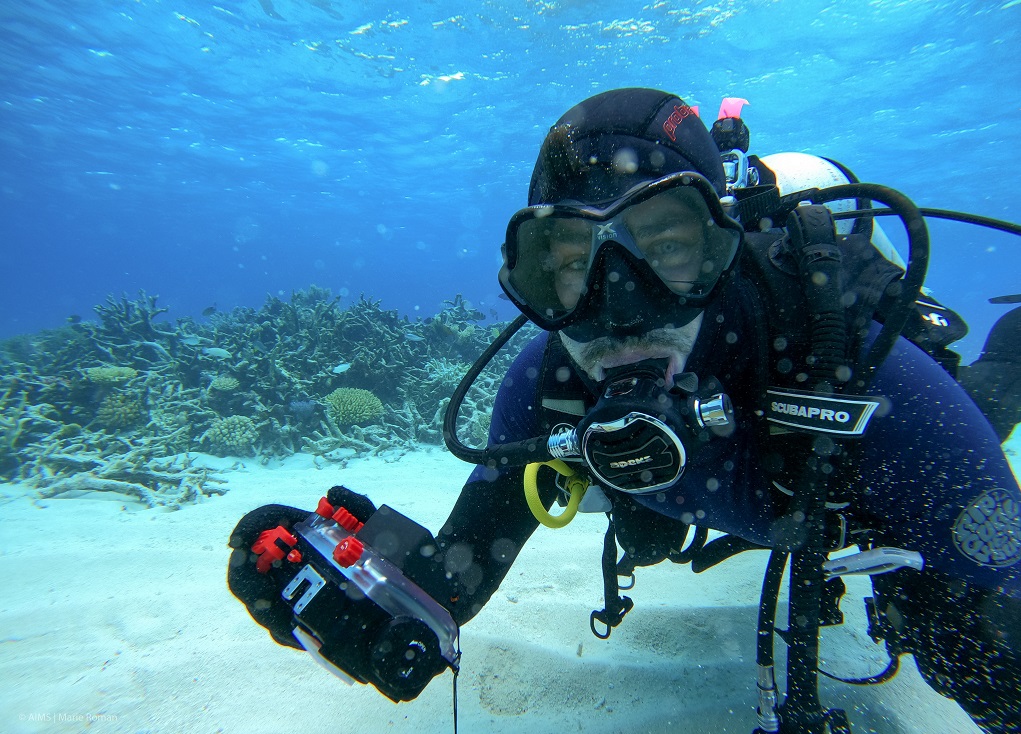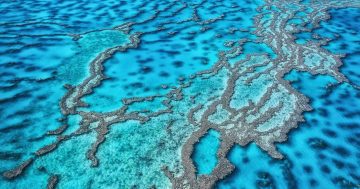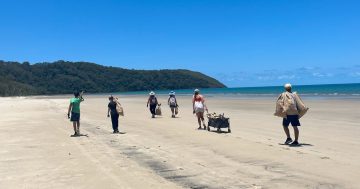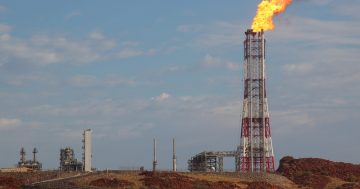
Work on the Great Barrier Reef is paying off. Photo: Marie Roman, AIMS.
The Federal Government has made no secret of its joy at the UN not adding the Great Barrier Reef to its ‘in danger’ list, but public servants working to improve the health of the world’s largest coral reef system are also delighted.
The United Nations Educational, Scientific and Cultural Organisation (UNESCO) reported this week that it had delayed listing Australia’s Great Barrier Reef on the in danger list due to positive steps the Labor government had taken over the past 12 months to protect it.
UNESCO has put off the decision for another year.
Environment groups had urged UNESCO to add the reef to the in danger list as a way to spark politicians and policymakers into action.
But Prime Minister Anthony Albanese insists his government didn’t need to be told how urgently the Great Barrier Reef should get some help.
Responding to the news, the Prime Minister said he welcomed UNESCO’s decision not to list the reef on the in danger list.
“This confirms my government is working hard to protect the reef, is acting on climate change, and that the rest of the world has taken notice,” Mr Albanese said.
“… The draft decision cites, to quote ‘significant progress’ being made on climate change, water quality and sustainable fishing, all putting the reef on a stronger and more sustainable path.
“As the draft decision makes clear, Australia’s environmental policies have fundamentally changed under the Labor government and changed for the better.
“My government has invested a record $1.2 billion in the reef. The policies of the former Coalition government failed to protect the reef. My government is getting on with the job and we’re making up for lost time.
“Of course, this decision doesn’t mean the reef is in the clear. It does confirm that Labor’s policies are making a real difference.”
Environment Minister Tanya Plibersek too could barely hide her elation at UNESCO’s decision, saying it showed the government was taking the plight of the Great Barrier Reef seriously.
“No one needs to tell Australia to look after the reef today,” Ms Plibersek said.
“No one takes protecting the reef more seriously [than Australians]. I am pleased that it’s been acknowledged by the international community.”
And Nita Green, who was appointed by the PM as a special envoy for the Great Barrier Reef, was also over the moon at the news, adding her own unique turn of phrase.
“It recognises that we have acted quickly and that our record investment is making significant progress on climate change, water quality and managing invasive species,” Senator Green said.
“We have put fins in the water and boots on the ground.”
But while partisan self-congratulation was to be expected from Labor MPs, the government’s workforce was also buoyed by the UNESCO announcement.
In Canberra and in Queensland, bureaucrats and scientists are feeling somewhat vindicated that their work is paying off.
The Great Barrier Reef Marine Park Authority is headquartered in Townsville, with regional offices in Cairns, Yeppoon and Brisbane.
It also has a Canberra office within the Department of Climate Change, Energy, the Environment and Water to provide ministerial and parliamentary liaison to the Federal Government.
In short, there are a lot of people whose job is focused on the health of the Great Barrier Reef.
“We take it very seriously and this UNESCO development is good news for those of us who are working for the reef,” one public servant dedicated to the reef told Region.
“But there is a lot more to do to keep it off the in danger list.”
Another said there had been a noticeable push in the past year to be more proactive over the reef.
“The UN will do whatever it is going to do, but having them say we’re on the right track is rewarding,” they said.
“It’s good that the elevation in focus and on-the-ground work is being recognised.”
UNESCO’s in danger list sends warnings that a World Heritage area could forfeit its status because its unique qualities are being lost.
The Great Barrier Reef remains under ‘serious threat’ but has not been elevated to ‘in danger’ at this stage.
But an upcoming World Heritage Committee meeting next month will include a vote on whether the reef’s status should be upgraded to the more dire ‘in danger’ level.
Original Article published by Chris Johnson on Riotact.











